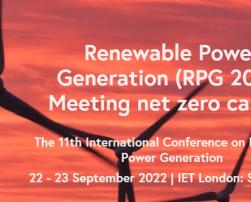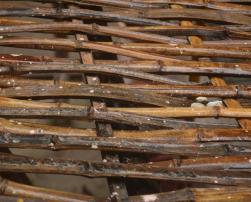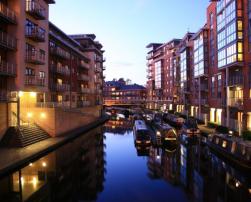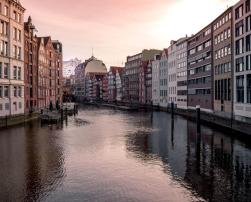
Climate change is real and we need to act urgently. Renewables are key on the road to a net zero future, but many challenges remain: scale-up, cost reduction, system operation with close to 100% renewables.

Climate change is real and we need to act urgently. Renewables are key on the road to a net zero future, but many challenges remain: scale-up, cost reduction, system operation with close to 100% renewables.
While the transition towards clean energy is ongoing, urgent challenges remain regarding the pace. The EU funded EnergyPROSPECTS project aims to explore the ways in which energy citizenship affects the clean energy transition process across Europe.
This project has received funding from the European Union’s Horizon 2020 research and innovation programme under grant agreement No. 101022492.

Are you curious to know which building construction materials are ecological? The building sector is trying to find ways to reduce carbon emissions and ecological materials have a role in shaping the future architecture and construction industry.
GreenSCENT aims at developing a competence framework to approach Green Deal to all level stakeholders: from researchers and experts to citizens, the project target is to involve more than 100 experts and 45 schools and universities across Europe to implement the project pilots.
This project has received funding from the European Union’s Horizon 2020 research and innovation programme under grant agreement No. 101036480.

The next edition of the World Sustainable Energy Days will be held on 1-3 March 2023.
The deadline for the Call for Papers is 10 October 2022.

This study examines the scale of the challenge to stop using gas as source of domestic heat at a national level and how, as an example, an urban area such as East Birmingham might address that challenge.

This report from Eurostat shows some statistics from the EU countries about increasing temperatures which have led to a minor need to heat our buildings, but a major need to cool them.
Post-industrial urban areas suffer from social and economic disadvantages, inequality and related crime and security problems. This project presents quality greenspaces as a Nature Based Solution for these problems. Three front-runner and four follower cities are proposed to create Living Labs to assure replicability and adaptability.
This project has received funding from the European Union’s Horizon 2020 research and innovation programme under grant agreement No. 776528.

Could the correct planning and design of natural features, such as trees, plants and green spaces, help to address urban challenges? The CLEVER Cities project aims to answer this question using Nature-based solutions.
This project has received funding from the European Union’s Horizon 2020 research and innovation programme under grant agreement No. 776604.
Does Nature-Based solutions can regenerate and integrate deprived social housing developments? The URBiNAT project proposes interventions in the public space to mobilise social cohesion.
This project has received funding from the European Union’s Horizon 2020 research and innovation programme under grant agreement No. 776783.